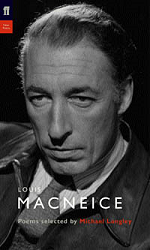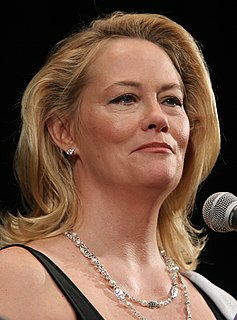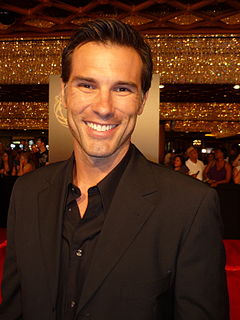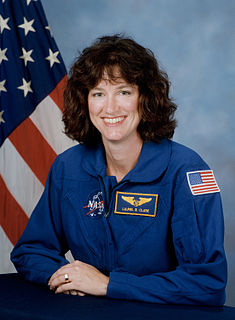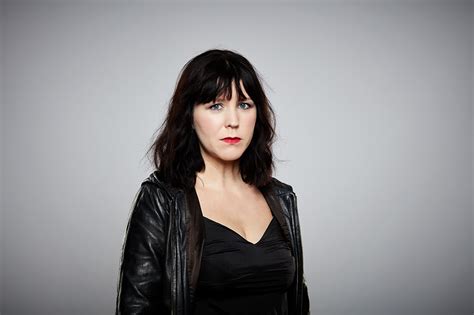A Quote by Mary Oliver
At the time I was growing up, literature was involved with the so-called confessional poets. And I was not interested in that. I did not think that specific and personal perspective functioned well for the reader at all.
Related Quotes
For me, one of the reasons I love this form - the personal essay form - is because it's a way of forming an intimacy with the reader. What I'm saying to the reader is: I'm going to tell you something; I'm going to be generous; I'm going to offer. The confession, on the other hand, is sort of an imposition because you're asking the reader to forgive you or somehow exonerate you or say, "Hey, I'm even worse." But what I'm interested in doing is being generous and offering a perspective or suggesting a way of thinking about something.
I try to employ a different strategy for each story. Often, I'll have a specific look in mind before I even have the story to go with it. I'm not so much interested in forcing the issue of reader identification through various graphic tricks. I'm more interested in creating specific characters that resonate with my own particular inner struggles.
After all, poets shouldn't be their own interpreters and shouldn't carefully dissect their poems into everyday prose; that would mean the end of being poets. Poets send their creations into the world, it is up to the reader, the aesthetician, and the critic to determine what they wanted to say with their creations.
The main reason I decided to study Latin American literature was because I'd gotten somewhat bored by the American fiction I was reading. I am not drawn to a specific style or aesthetic. When I think about literature, I think about it in the three languages I read easily - English, Spanish, and Portuguese. The authors I prefer are all very different and are not limited to certain genres or even certain time periods. Reading across three languages is a way for me to diversify my intake as a reader, not to tunnel into certain categories or demographics.
I've always been interested in the principle of the fractal, which is typified by self-similarity across scale, which both puts a lot of pressure on a specific viewer's perspective and opens up the number of "correct" viewing positions infinitely, in this way thwarting the power-related implications of traditional, Renaissance single-point perspective.
I'm more than a little suspicious of humor in poems, because I think it can at times be a way of getting a reaction out of a reader, or an audience, that is something closer to relief: i.e., thank god this isn't poetry, but stand-up comedy. Some poets are really funny, but more often poets are fourth rate stand up comics at best. But they benefit from the sheer relief of the audience.





